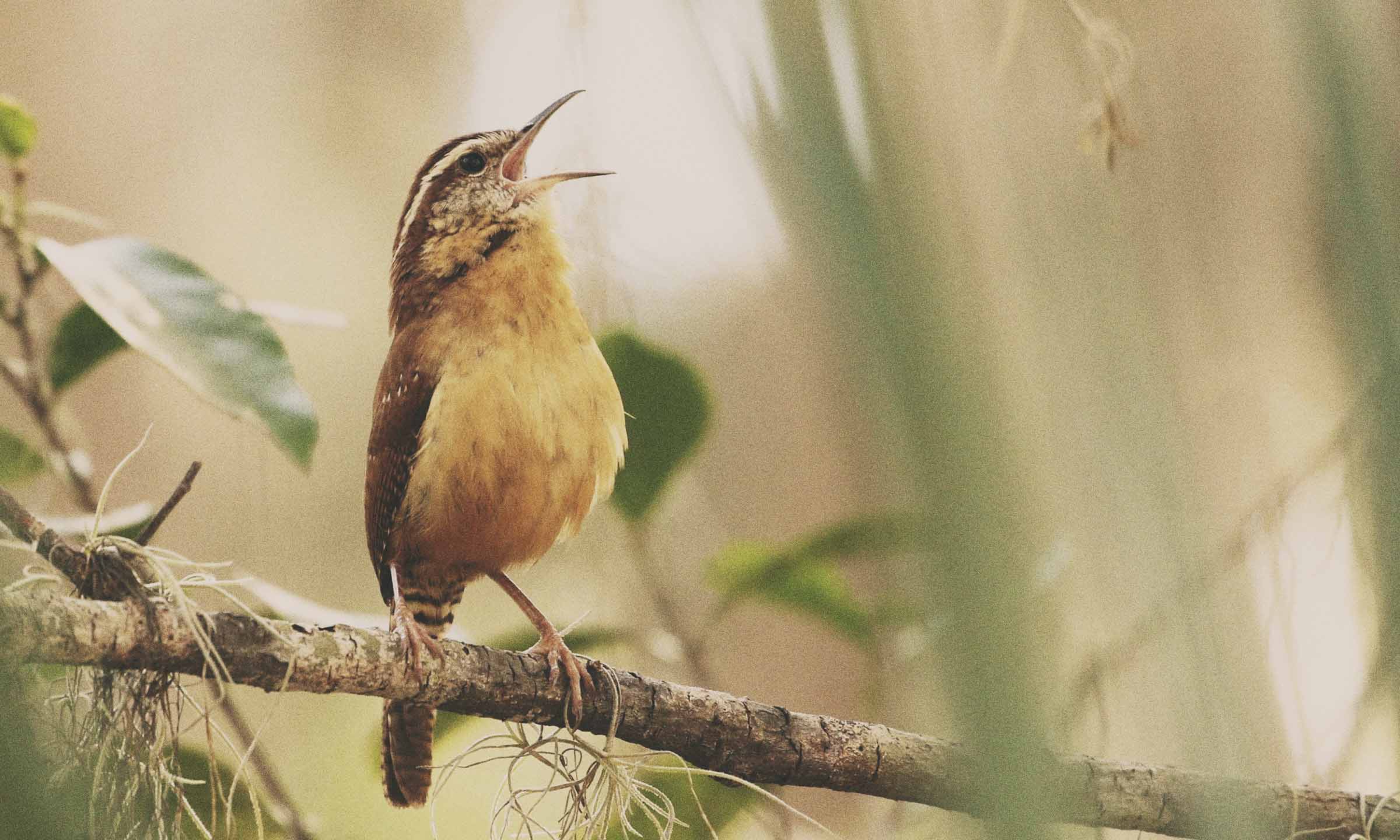In our earliest days of dreaming about what a community nestled in the rolling hills of York County could be, one thing we knew for certain was that it needed strong roots to become the haven we envisioned. As folks who had built our homes, families, and careers in the South Carolina upcountry, we had become well acquainted with the good life—connection to one another, to nature and to the hope of understanding that we shape tomorrow by how we live today. Though we had conviction in our vision, the question remained: how do we encapsulate, even replicate, that good life in deep and true ways?
We spent months pondering what to call a place that was already so precious to us, and would become precious to others for centuries to come. A community with strong roots needed a name that was deeply rooted too, so we poured through historical documents, harkened to local lore, and spent time wandering through meadows and listening to the melodies that streamed from the forest.
If you've spent time in the South Carolina upcountry, there's a clarion all too familiar that echoes across streams and through Elms and Hollywilds. "Tea kettle, tea kettle," it trills. It's the song of the Carolina Wren, our state bird. These happy little creatures employ this song all year long, day and night, through all forms of weather. It's their way of letting all creation know, “This is our home.”
We knew this agrestal song was one worth sharing. But it wasn't just the melody of the Carolina Wren, it was also the whistle of a household staple, the kettle itself whose pitch reminds us that the time is now, that we are ready—that life is full of sustenance to be celebrated. The song of the kettle, whether whistled in steam or rang out through treetops, calls us to gather. It calls us home.
After countless hours, conversations on long country drives, and middle-of-the-night note scribbling, we realized that our name had existed all along. In our nature, in our history, in the air we breathed. Kettlesong: Home is Calling.
